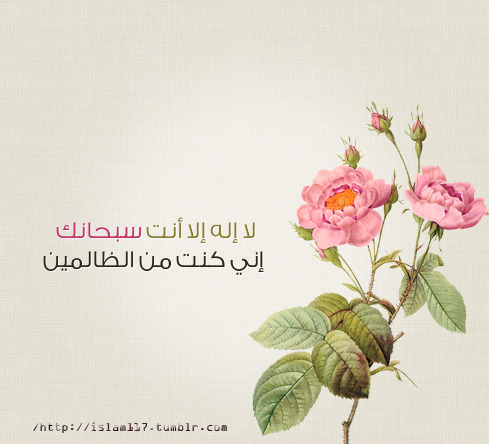Selections from the autobiography of 'Abd al-Latif al-Baghdadi (1162-1231). In Interpreting the Self: Autobiography in the Arabic Literary Tradition, ed. Dwight Reynolds (Berkeley: University of California Press, 2001), 158–9. Annotated by Heidi Morrison.
Primary Source Text
I was born in 557 [1162 CE] in a house that belonged to my grandfather on Faludhaj Lane, and was raised and instructed under the care of Shaykh Abu al-Najib. I knew neither pleasure nor leisure, and spent most of my time learning hadith. Certificates of hadith audition were obtained for me from professors in Baghdad, Khurasan, Syria, and Egypt. One day my father [proudly] declared: "I have given you the opportunity to learn hadith directly from the top scholars of Baghdad and I have even had you included in the chains of transmission of the older Masters." I was learning calligraphic writing at that time and also memorizing the Qur'an, the Fasih [a treatise of Arabic linguistics by Thalab, d. 904] the Maqamat [picaresque tales by al-Hariri, d. 1122], the collected poems of al-Mutanabbi, an epitome on jurisprudence, another on grammar, and other works of this kind.When I was old enough, my father took me to. . . the Master of Masters in Baghdad. (. . .) It was under his direction that I was to study the introduction to the Fasih, but I couldn't understand one bit of his continuous and considerable jabbering. . . So he said, "I avoid teaching younger boys and instead pass them on to my protégé al-Wajih al-Wasiti to study under his direction. If and when their situation improves, I then allow them to study with me."
Al-Wajih, a blind man from a wealthy and virtuous family. . . welcomed me with open arms and taught me all day long, showing me kindness in many ways. I attended his study circle at the Zafariyya mosque. . . We would then leave the mosque and he would even help me memorize on the road home. . . My memorizing got better, my recall improved, my understanding grew, my insights became more acute, and my mind became keener and more reliable.
sumber dari: chnm.gmu.edu

No comments:
Post a Comment